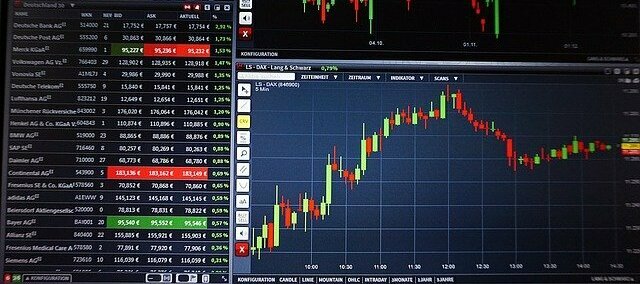
Stock futures edge up after September slump
Stock futures opened slightly higher Thursday evening after dropping during the regular session, with equities ending a volatile month in the red.
The S&P 500 ended a seven-month winning streak in September, posting an about 4.8% monthly decline. The Dow ended September lower by 4.4%. The Nasdaq underperformed, shedding 5.4% amid a broad rotation away from growth and technology stocks as expectations for elevated inflation and higher rates took holding.
"As I look at my 'what am I going to be afraid of list' today, there are a lot of things on that list," Scott Wrenn, Wells Fargo Investment Institute senior global equity strategist, told Yahoo Finance on Thursday. "We don't really think earnings are going to be that much of a mystery or concern to the market. We know we're going to get out of this year with a reasonable amount of earnings growth. I think there is, though, the overriding theme of, are we going to have embedded inflation? What might the Fed do about it? Is the Fed going to remain easy? "Those types of things ... I think those are the overriding concerns."
"We've had such a big run-up in the market that to have a 5% pullback or something off the top after the market basically doubled in 15 months, I think you have to put this in the right context," he added. "And while there's a lot of things to worry about, many of them have a very low probability of causing a lot of long-term problems for the market."
As of Thursday's close, the S&P 500 was still up about 15% so far for the year-to-date, buoyed by outperformance in the cyclical energy and financials sectors that would stand to benefit from rising commodity prices and interest rates. On Friday, investors are set to receive the latest print on core personal consumption expenditures (PCE), which serves as the Federal Reserve's preferred gauge of underlying inflation.
Heading into October, some strategists are bracing for more choppiness in equity markets, with more developments on monetary and fiscal policy set to emerge against what many expect will be a backdrop of moderating economic growth and corporate profits.
"I think the pace of gains is just going to be slower. I think that's not that surprising, given that in the second quarter, we were thinking that COVID was very close to an end, and then Delta put a dent in that. That's really throwing us off a little bit," Shawn Snyder, Citi U.S. Wealth Management head of investment strategy, told Yahoo Finance Live on Thursday. "Also, just a large confluence of events were happening in September. We have now Fed tapering. We have the ongoing D.C. drama and all those things that are just kind of leading to some weakness in equity markets."
© 2021 LesckStat.com
